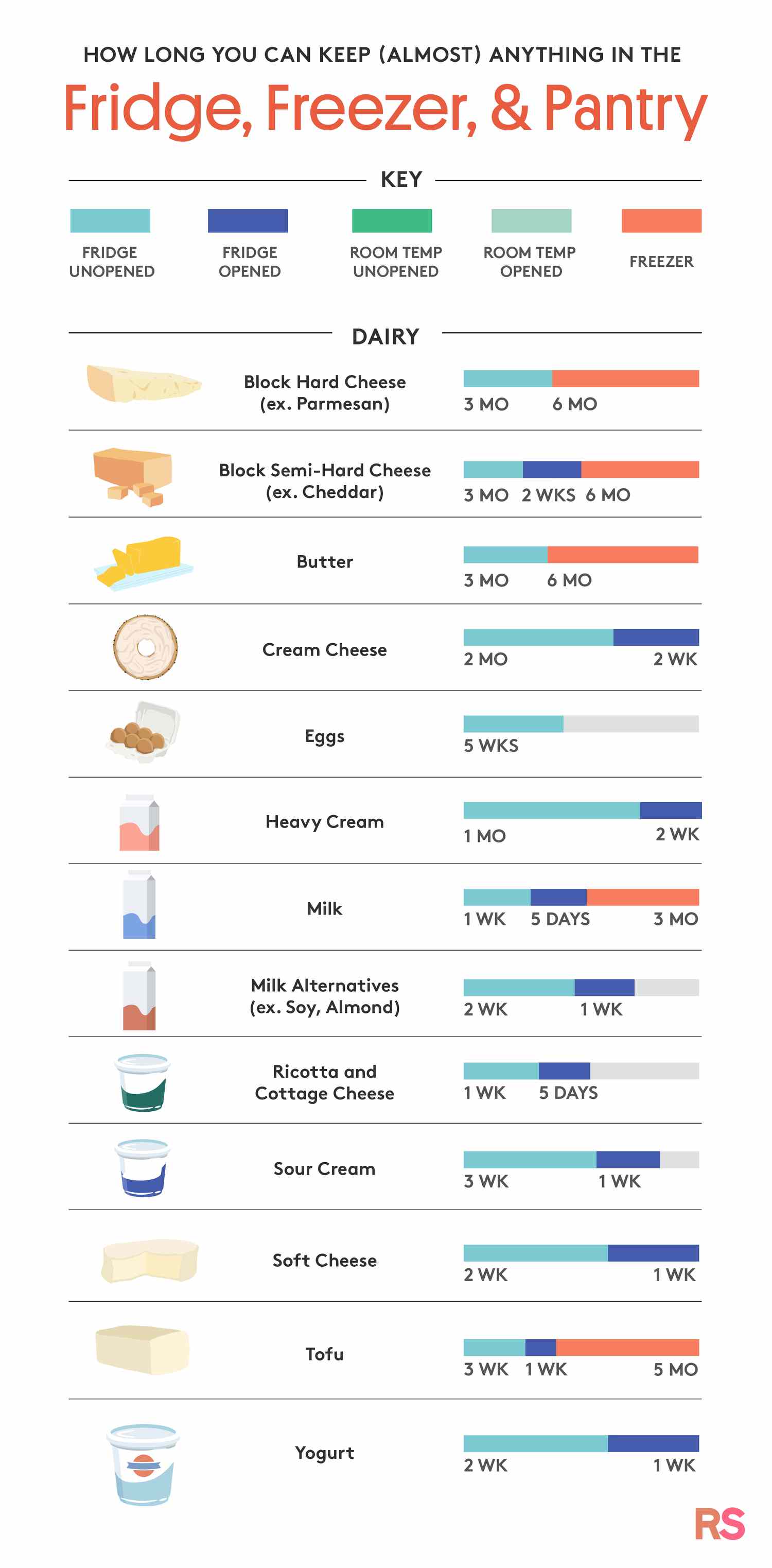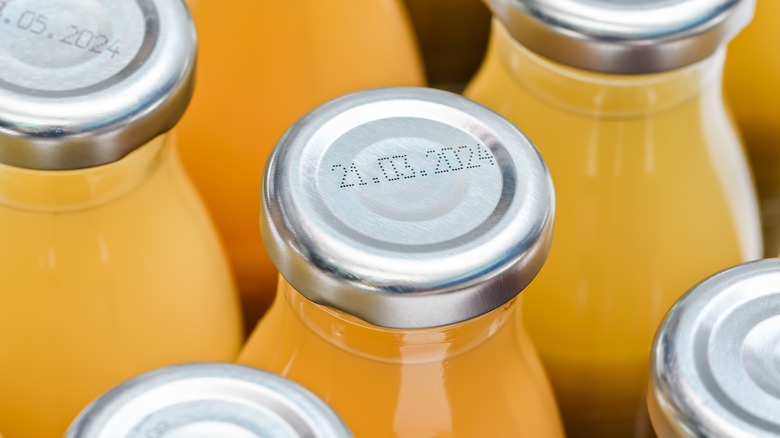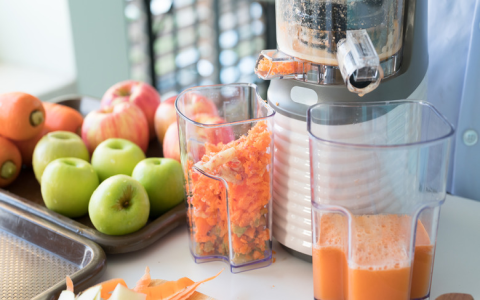Is Juice Still Safe Post-Expiration? Navigating the Shelf Life of Your Favorite Beverage
Understanding the expiration dates on food and beverages can be quite confusing. Juice, with its refreshing taste and potential health benefits, is a staple in many households. However, what happens when the expiration date has passed? Is the juice still viable, or is it best to dispose of it? This question often concerns consumers who aim to minimize waste yet prioritize their health and safety.
The expiration date on juices, like many other products, is determined by manufacturers to indicate the peak quality of the product. It doesn’t necessarily imply that the juice will spoil immediately after this date. Therefore, assessing whether juice is still consumable post-expiration involves considering certain factors.

Understanding the Expiry Date Versus the "Best Before" Date
It’s crucial to differentiate between the terms "expiration date" and "best before date." An expiration date signifies a date after which the beverage may not meet safety standards, whereas a "best before" date indicates when the juice might lose its optimum quality in terms of taste and nutritional value but is still safe to consume.
Factors Influencing How Long Juice Lasts Post-Expiration
-
Type of Juice: Pasteurized juices, often found on non-refrigerated aisles, have a longer shelf life due to the heat treatment process that kills most bacteria. On the other hand, fresh juices, which are usually refrigerated, may spoil faster as they lack preservatives.
-
Storage Conditions: Proper storage dramatically impacts juice longevity. Juice kept consistently refrigerated is likely to remain fresh longer than juice subjected to fluctuating temperatures. Ensure caps are tightly sealed to prevent air from accelerating spoilage.
-
Ingredients and Additives: Juices containing preservatives will generally last longer than those that don’t. Natural juices may harbor a shorter shelf life, especially if they contain pulp or are organic.
Signs Your Juice May Have Spoiled
Relying solely on the expiration date can be misleading; using sensory inspection is just as important. Some indicators that juice may have gone bad include:

- Smell: A sour or off-putting odor is often the first sign that a juice has spoiled.
- Appearance: Discoloration or the presence of mold signals it’s time to discard the juice.
- Taste: A tangy or unusual taste is a clear warning that the juice is no longer good.
How Long is Juice Safe Post-Expiration?
While there is no definitive answer since it depends on juice type and storage, a pasteurized juice may stay safe to drink for a week or so past the expiration date if stored properly. Fresh or organic juices, however, should be consumed much closer to their dates or potentially just a few days after. This cautious approach ensures maximum safety and quality.
Mitigating Waste and Ensuring Safety
To avoid the dilemma of nearing expiration dates, consider purchasing juice in smaller quantities if it doesn’t get consumed quickly in your household. Regularly rotating your stock by using the oldest items first can also help minimize waste.
Moreover, if you have a surplus of juice nearing its expiration, try repurposing it in recipes or as a base for smoothies, ensuring it’s still safe for consumption.
The Takeaway
Navigating the timeline of juice post-expiration involves understanding terms, storage conditions, and sensory checks. By paying close attention to these aspects, you can enjoy your juice responsibly, reducing waste while maintaining health. Remember, when in doubt, it’s better to err on the side of caution. Your health is paramount, and no juice is worth a potential risk.













